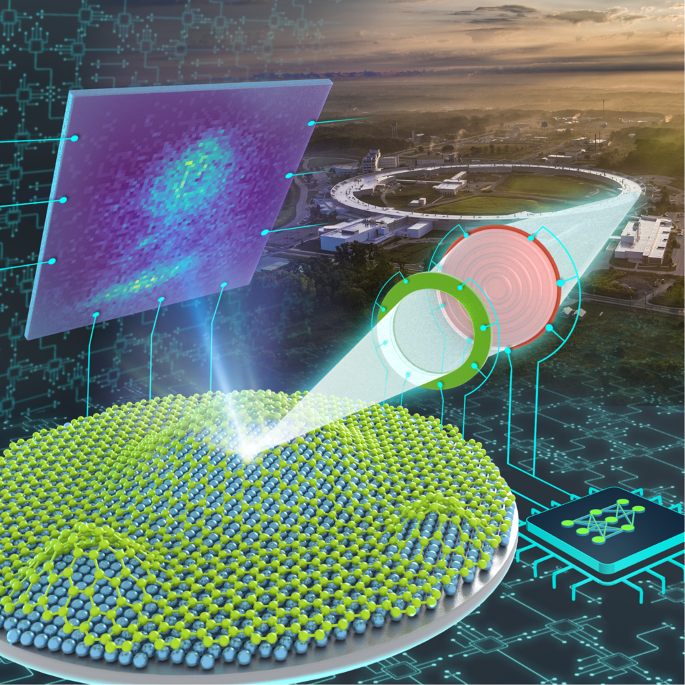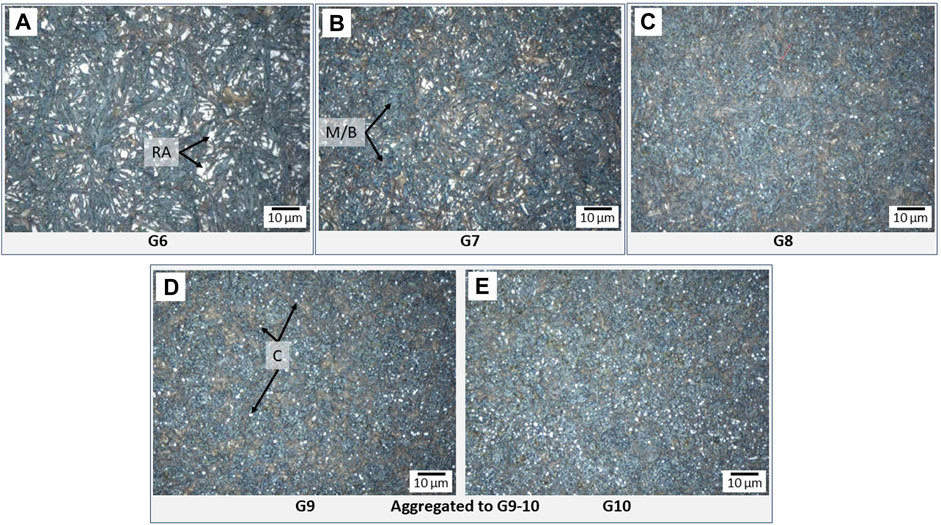2023-10-04 アルゴンヌ国立研究所(ANL)
◆通常の点ごとのスキャン方法ではなく、AIは興味深い領域を選択的にスキャンし、実験プロセスを加速します。このアプローチは、データ収集時間を短縮し、ビームタイムを節約することができ、さまざまな顕微鏡で利用できる革新的な技術です。
<関連情報>
- https://www.anl.gov/article/using-artificial-intelligence-argonne-scientists-develop-selfdriving-microscopy-technique
- https://www.nature.com/articles/s41467-023-40339-1
自律型高分解能走査型顕微鏡のためのAI駆動ワークフローのデモンストレーション Demonstration of an AI-driven workflow for autonomous high-resolution scanning microscopy
Saugat Kandel,Tao Zhou,Anakha V. Babu,Zichao Di,Xinxin Li,Xuedan Ma,Martin Holt,Antonino Miceli,Charudatta Phatak & Mathew J. Cherukara
Nature Communications Published:07 September 2023
DOI:https://doi.org/10.1038/s41467-023-40339-1

Abstract
Modern scanning microscopes can image materials with up to sub-atomic spatial and sub-picosecond time resolutions, but these capabilities come with large volumes of data, which can be difficult to store and analyze. We report the Fast Autonomous Scanning Toolkit (FAST) that addresses this challenge by combining a neural network, route optimization, and efficient hardware controls to enable a self-driving experiment that actively identifies and measures a sparse but representative data subset in lieu of the full dataset. FAST requires no prior information about the sample, is computationally efficient, and uses generic hardware controls with minimal experiment-specific wrapping. We test FAST in simulations and a dark-field X-ray microscopy experiment of a WSe2 film. Our studies show that a FAST scan of <25% is sufficient to accurately image and analyze the sample. FAST is easy to adapt for any scanning microscope; its broad adoption will empower general multi-level studies of materials evolution with respect to time, temperature, or other parameters.



